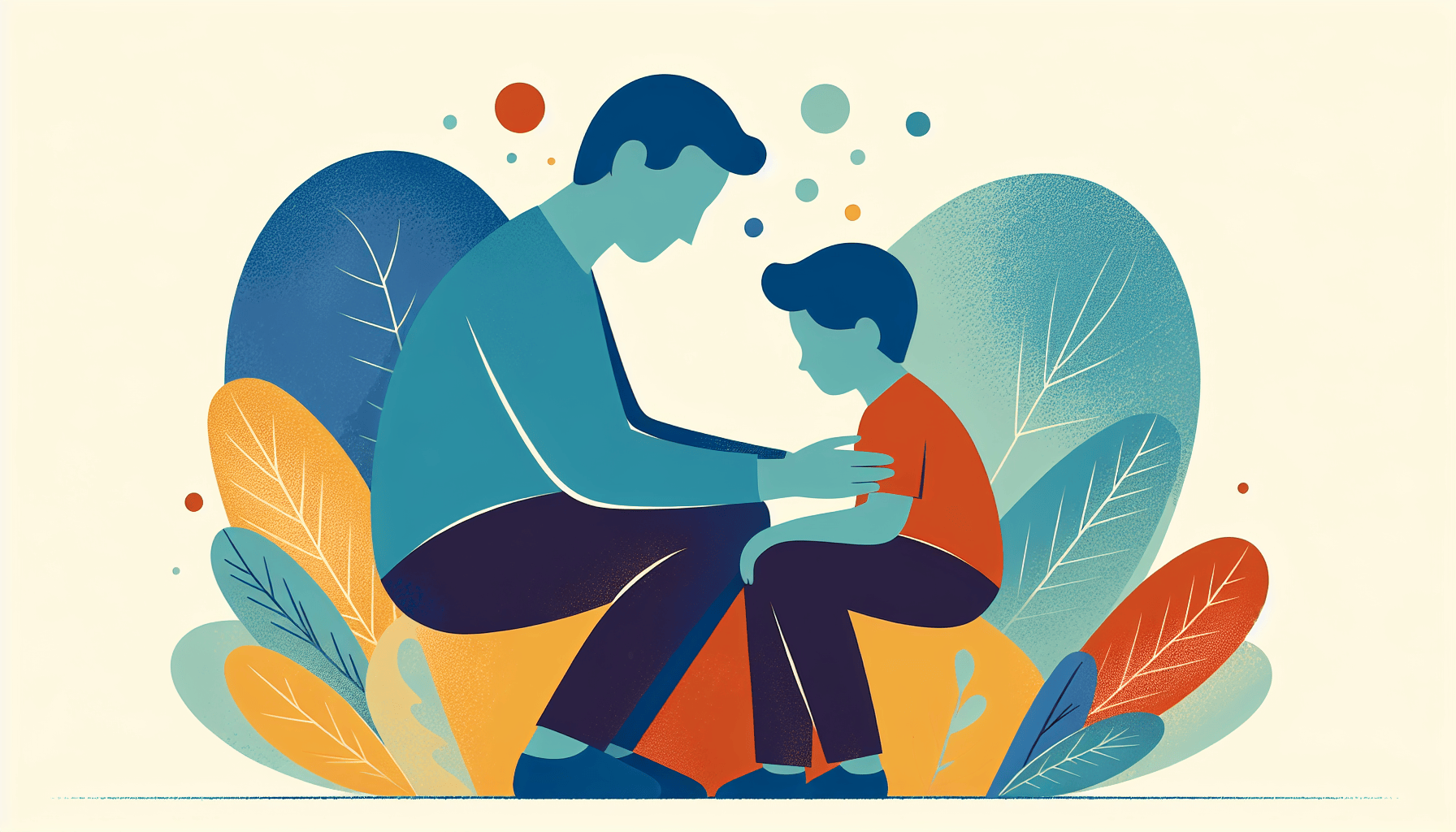As a parent, it's natural to worry about your child's well-being. If you've noticed that your child seems persistently sad, hopeless, or withdrawn, they may be experiencing childhood depression. This serious mental health condition affects one out of every five young people at any given time, but with proper diagnosis and treatment, your child can recover and thrive.
What Is Childhood Depression?
Childhood depression is more than just feeling sad or having a bad day. It's a persistent feeling of sadness, hopelessness, and worthlessness that interferes with a child's daily life, relationships, and activities. Unlike the normal "blues" that all children experience from time to time, childhood depression is a serious condition that requires medical attention.
Signs and Symptoms of Childhood Depression
The symptoms of childhood depression can vary depending on the child and their particular mood disorder. Some common signs to look out for include:
Persistent feelings of sadness, hopelessness, or emptiness
Irritability, anger, or restlessness
Changes in appetite or sleep patterns
Fatigue or low energy
Difficulty concentrating or making decisions
Feelings of worthlessness or guilt
Loss of interest in hobbies and activities
Social withdrawal or isolation
Physical complaints such as headaches or stomachaches
Thoughts of death or suicide
Causes of Childhood Depression
The exact causes of childhood depression are not fully understood, but it is believed to be a combination of genetic, biological, environmental, and psychological factors. Children with a family history of depression, particularly a parent who had depression at an early age, are at a higher risk of developing the condition. Other risk factors include:
Stressful life events, such as the loss of a loved one or a major life change
Trauma or abuse
Chronic illness or disability
Substance abuse
Low self-esteem or poor social skills
Diagnosing Childhood Depression
If you suspect that your child may be depressed, it's important to seek help from a qualified mental health professional. They will conduct a thorough evaluation, which may include interviews with you and your child, psychological testing, and input from teachers or other caregivers. There are no specific medical tests for childhood depression, but a comprehensive assessment can help to make an accurate diagnosis and guide treatment decisions.
Treating Childhood Depression
The good news is that childhood depression is highly treatable. The most effective approach typically involves a combination of psychotherapy and medication, tailored to the individual child's needs. Psychotherapy, such as cognitive-behavioral therapy (CBT) or interpersonal therapy (IPT), can help children to identify and change negative thought patterns, develop coping skills, and improve their relationships with others. Antidepressant medications, such as selective serotonin reuptake inhibitors (SSRIs), can also be effective in reducing symptoms of depression.
It's important to work closely with your child's healthcare provider to monitor their progress and adjust treatment as needed. With proper care and support, most children with depression can achieve remission and go on to lead healthy, fulfilling lives.
Supporting Your Child's Mental Health
As a parent, there are many things you can do to support your child's mental health and well-being, whether or not they have been diagnosed with depression. Some tips include:
Encourage open communication and listen without judgment
Help your child to develop healthy coping skills, such as exercise, relaxation techniques, or creative outlets
Model positive self-care and stress management in your own life
Encourage your child to spend time with supportive friends and family members
Seek professional help if you notice signs of depression or other mental health concerns
Remember, you are not alone in this journey. There are many resources available to help you and your child navigate the challenges of childhood depression, including:
With love, support, and proper treatment, your child can overcome the challenges of childhood depression and thrive. Don't hesitate to reach out for help if you need it.



